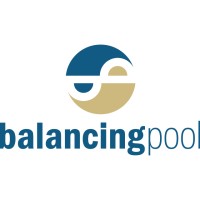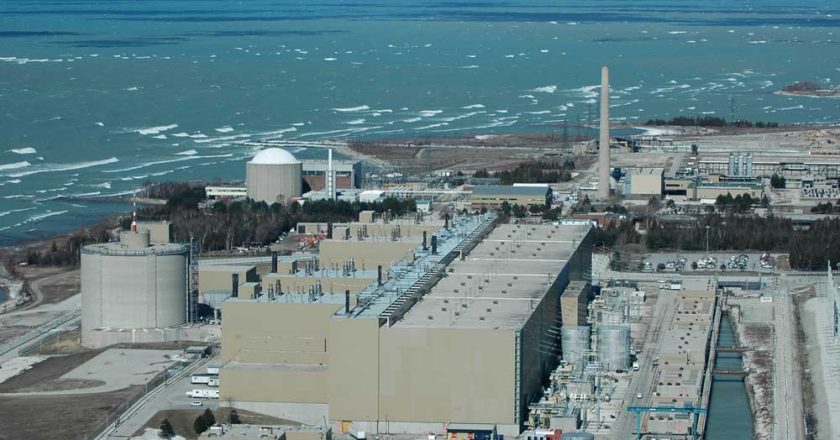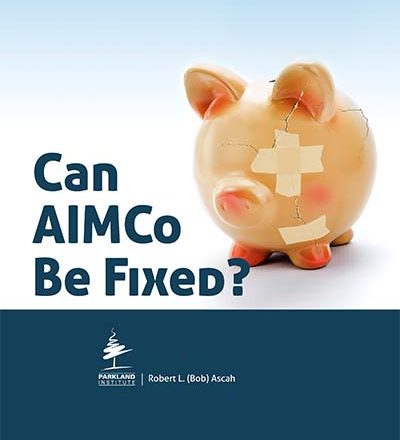Balancing Pool Act- Public interest or political posturing
On 21 April, apparently in response to opposition demands that the UCP government stop withdrawals of utility services and get cheques or rebates into the hands of Albertans quickly, Associate Minister of Natural Gas and Electricity Dale Nally issued a news release. During a 17-minute news conference Nally took the former NDP government to task when releasing a March 2021 report from Deloitte LLP on the financial position of Alberta's Balancing Pool (ABP). The report concluded that the cost of the policy changes totaled $1.34-billion. It is ironic that this is about the same number that the UCP government lost from its bet on TC Energy's Keystone XL pipeline.
Dale Nally, Associate Minister of Natural Gas and Electricity
Nally was in true fighting form demonstrating lessons he h...




